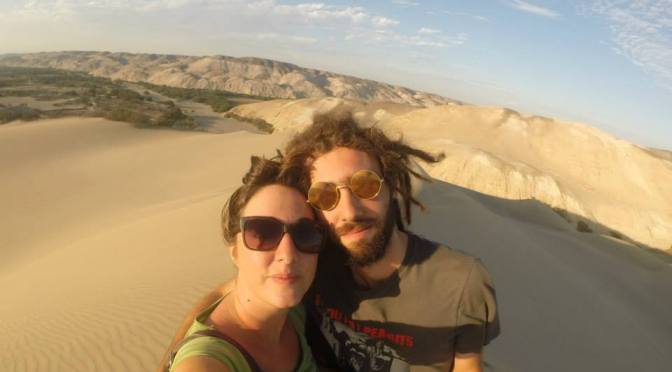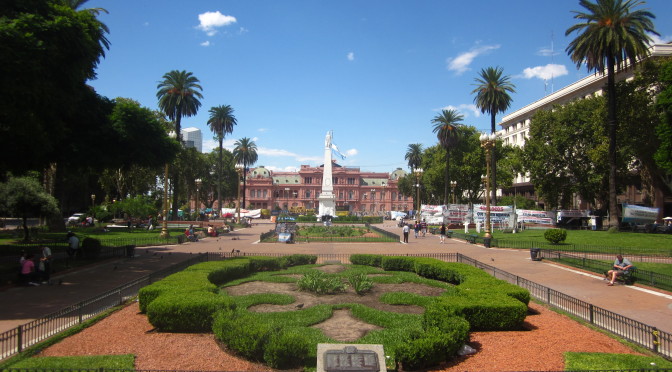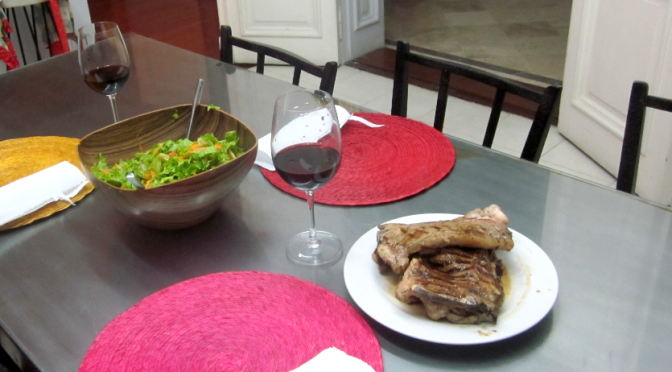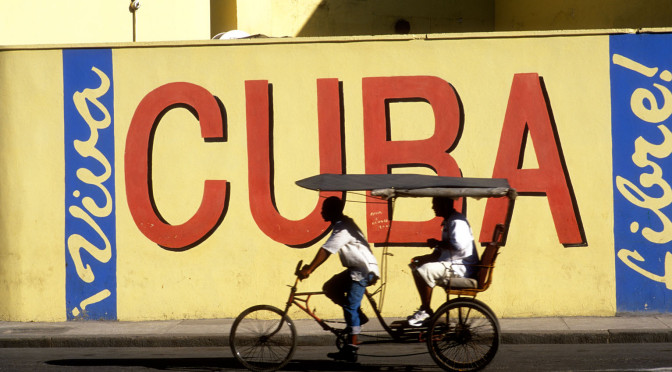Perchè questo viaggio si sta rivelando un susseguirsi di scoperte e di occasioni di crescita.
Quindi grazie:
Grazie per gli occhi di Anna del Valle mentre ci dice che l’autogestione è come il tango,
grazie per il caffè con Nora e Mirta delle madri si Plaza de Mayo,
grazie per la libreria più bella del mondo a Montevideo,
grazie per il vento e i leoni marini di Cabo Polonio
e per i pinguini e le orche marine di Puerto Madrin,
grazie per il NO A LA MINA di Esquel,
grazie per le
biocostruzioni e per il pisco sour, grazie per le empanadas e la tessitura sulle sponde del Pacifico,
grazie per la tessitura in Bolivia,
(no, non abbiamo imparato a tessere)
grazie per i vulcani, le saline e le dune,
grazie per i canyon e per i lamini,
per gli argentini e i portoghesi fenomenali,
grazie per il Titikaka, le isole del sole e le isole che galleggiano,
grazie per le vie di La Paz, per la plaza San Francisco con i suoi spettacoli di strada e per il
Carretero dove abbiamo conosciuto tutto quelli che li facevano,
grazie per le trufas e per i racconti su come inventarsi un lavoro in ogni strada del mondo,
grazie perchè cachay, ché, weon, pues, boludo, zarpado, chevere sono tutte parole che ora hanno un senso e una precisa collocazione geografica,
grazie per il valle sagrado, per cusco, il Machu Picchu e le camminate infinite sulle linee del treno, le tende in riva al fiume, il pane con le olive e i rollos de cannella, gli hippies e i biscottini,
grazie per le stelle, cadenti e non,
grazie per i cactus disgustosi,
grazie per il ceviche con chicharrones,
grazie per Cerati, per Luca Prodan, per i Sui Generis e per i Calle 13,
dai, grazie anche per la cumbia,
grazie per la permacultura, la biodinamica, per Steiner, Masaru Ermoto e i messaggi dell’acqua,
grazie per la pachamama, per il newen, per la wallmapu, per le machi e i waichafe,
grazie per averci fatto scoprire che un altro mondo esiste davvero,
e per averci motivato a raccontarvi tutte queste storie,
grazie per tutte quelle che ancora vi dobbiamo raccontare.
(e ora andate a vedere sotto, che ci sono le foto!!)
For our English speaking friends:
This post is for those who are helping and have helped us in many ways, such as contributing to our crowd funding campaign, giving us advise, sharing our posts, writing to us, reading and making us feel their affection.
It’s been 6 months since we started traveling. We passed through 5 different countries, we slept in 55 different places, we met masses of interesting people and their life experiences.
So, we’d like to thank you, as this trip is being for us a long series of discoveries and occasions to grow up.
So, thank you guys…
Thank you for the glare in Anna del Valle ‘s eyes while she said that self-management is like a tango,
thanks for the coffee with the Plaza de Mayo mothers, Nora and Mirta,
thanks for the most beautiful bookshop in Montevideo,
thanks for the penguins and the killer whales, of Puerto Madryn,
thanks for the NO A LA MINA movement in Esquel,
thanks for the Mapuche in Argentina and in Temicuicui,
Thanks for the bioconstruction and for the pisco sour,
thanks for the empanadas and the weaving at the Pacific coast,
thanks for the weaving in Bolivia, as well,
(no we can’t weave now)
thanks for the social theatre,
thanks for the children in Sucre’s market,
thanks for the market, for the salines and for the dunes,
thanks for the canyons and for the llamas,
thanks for the phenomenal portuguese and argentinians,
thanks for Titikaka, its Sun and floating islands,
Thanks for the streets of La Paz, for the San Francisco square with its street theatre performances and for all the buskers we met at El Carretero hostel,
thanks for the trufas and for the stories about how you can invent yourself a job in every street of the world,
thanks because as of now cachay, ché, weon, pues, boludo, zarpado and chevere are words with a meaning and precise geographical origin,
thanks for the valle sagrado, for Cusco, for Machu Picchu and the endless walks on the train line, for the tent on the river shore, the olive bread, the cinnamon rolls, the hippies and the biscuits,
thanks for the stars,
thanks for the disgusting cacti,
thanks for the ceviche with chicharrones,
thanks for the charango and for the world’s best charango player,
thanks for Cerati, for Luca Prodan, for the Generis and for Calle 13,
ok… thanks for the cumbia as well,
thanks for permaculture, biodinamic, for Steiner, Masaru Ermoto and the water’s messages,
thanks for Pachamama, for the newen, for the wallmapu, for the machi and for the waichafe,
thanks for making us discover that another world does exist,
and for motivating us to tell you all these stories
and thank you for those that are still to be told.

komi traun

kalewche

la tribu
















































